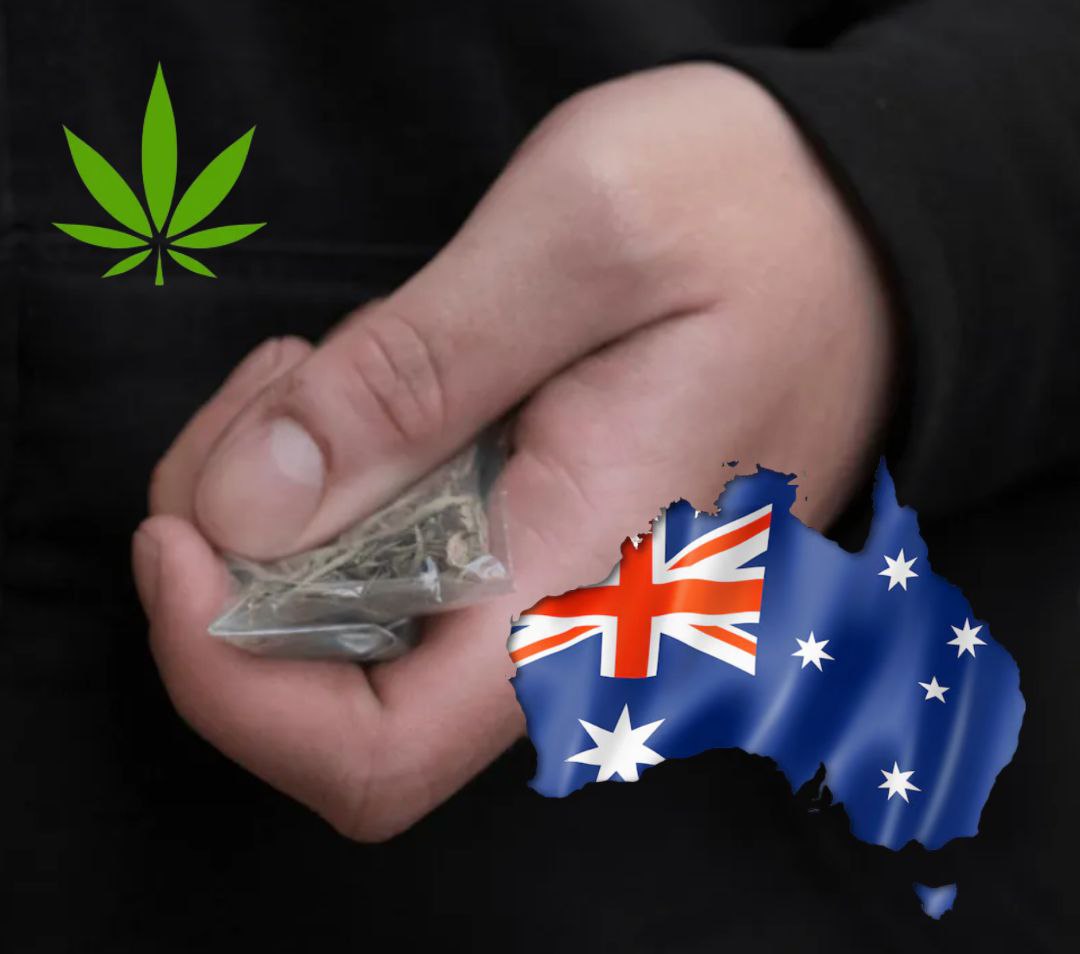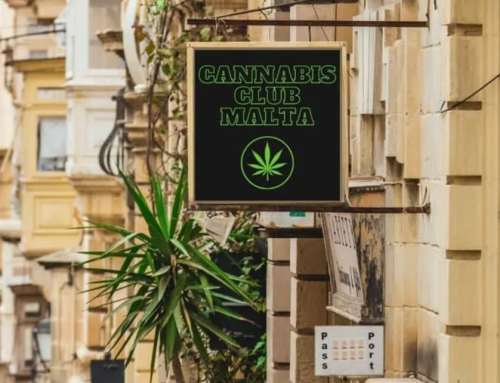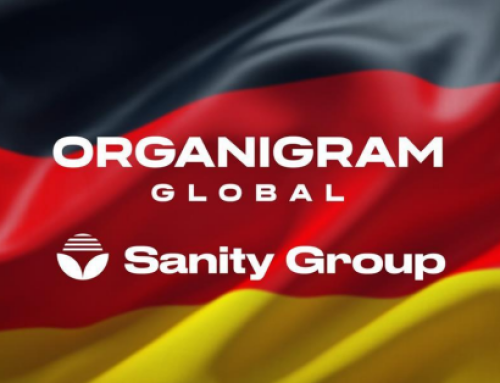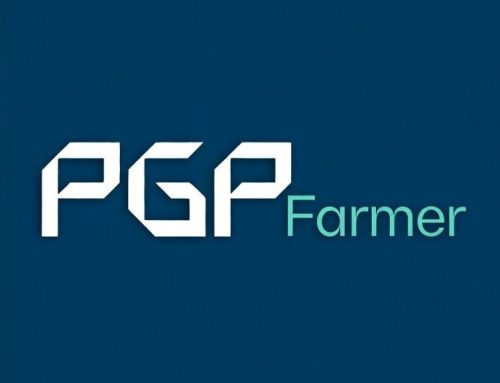Australian Policy Group Cautions TGA on Medicinal Cannabis Restrictions, Fearing Shift to Illicit Sources
SYDNEY – A prominent drug policy organization in Australia has urged federal regulators to avoid curtailing access to prescription medicinal Cannabis, arguing that such steps could drive patients toward unregulated street supplies and erode the stability of the legal sector.
In a submission to the Therapeutic Goods Administration (TGA) released last week, the Penington Institute outlined concerns over a proposed overhaul of medicinal Cannabis rules, set against a backdrop of heightened scrutiny from medical professionals. The review stems from Australian Institute of Health and Welfare’s reports of adverse events tied to prescribing practices, including a noted uptick in Cannabis-linked hospital visits during 2019-20. Yet the institute emphasized that available data fails to separate effects from approved therapies and those from illegal products, leaving little proof that broader access has fueled population-wide problems.
“Rushing to restrict access, risks displacing patients into the illicit market, where quality controls are absent,” said Dr. Jake Dizard, the institute’s acting chief executive and research director, in the document. He added that any reforms should prioritize data gathering on both benefits and drawbacks, without erecting fresh obstacles for those under medical care.
The TGA’s effort addresses complaints from groups like the Australian Medical Association about inconsistent oversight in the sector, which has grown rapidly since legalization in 2016. Over that time, approvals for Cannabis-based treatments have climbed steadily, with estimates placing active users in the hundreds of thousands. Proponents of tighter controls point to isolated cases of misuse, such as high-THC formulations prescribed without sufficient monitoring. But the Penington analysis counters that these incidents often trace back to gaps in training and reporting, not the availability of options itself.
Economically, the stakes extend beyond patients. Legal producers and pharmacies have invested heavily in compliant supply chains, generating steady revenue streams amid Australia’s patchwork of state-level rules. A clampdown, critics warn, could siphon demand back to black-market operators, who already capture a significant share of non-medical use. Based on findings from the 2019 National Drug Strategy Household Survey, an analysis released in May 2024 estimated the value of Australia’s illicit Cannabis retail market at approximately AU$5 billion. This dynamic not only discourages investors and starves legitimate businesses of income but also complicates enforcement efforts, as resources shift from health-focused regulation to chasing underground networks.
The institute’s position aligns with calls from pharmacy advocates, including the Pharmaceutical Society of Australia, which in August endorsed safety enhancements while pushing for comprehensive updates to the entire framework. For its part, the TGA has signaled plans for a tiered approval system, potentially easing entry for low-risk items while demanding stricter reviews for potent ones. Submissions to the consultation closed last month, with final recommendations expected early next year.
From a market perspective, this debate underscores a familiar tension in regulated substances: safeguarding against misuse without stifling therapeutic potential. Australia’s experience offers lessons for global players, where similar access expansions have boosted legal revenues [projected at $1.2 billion by 2028] while exposing data voids that fuel policy disputes. As the TGA weighs its path forward, the focus must remain on closing the gaps through rigorous tracking, ensuring reforms strengthen rather than fracture the bridge between patient needs, regulations, enforcement, and commercial viability.




































